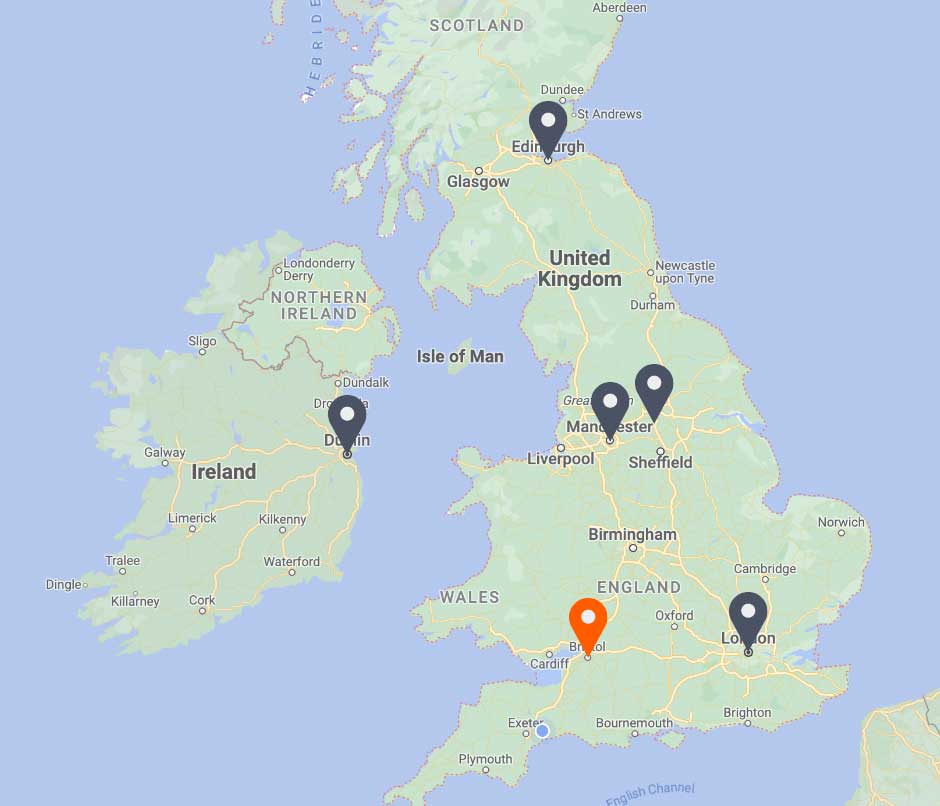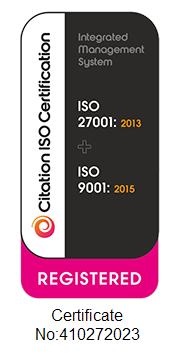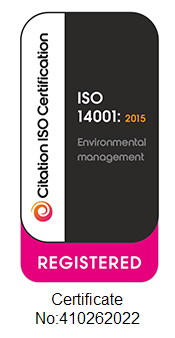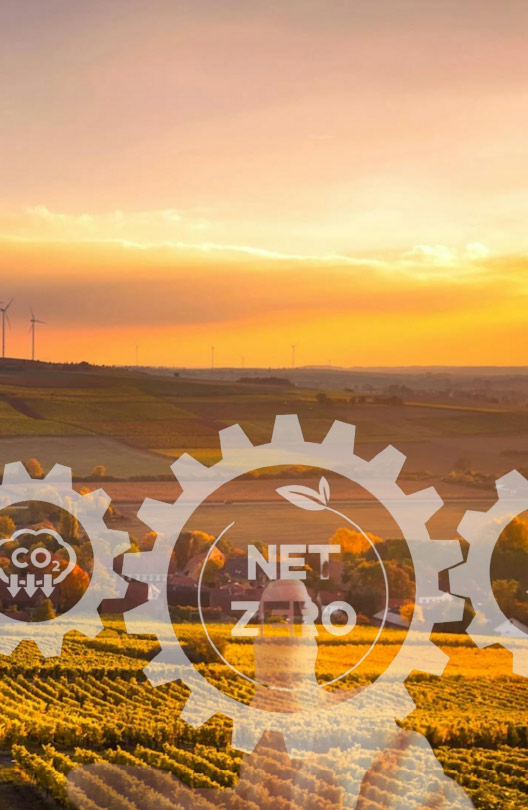THIS ARTICLE AT A GLANCE
- 16 MILLION OF FUNDING ANNOUNCED FOR LOW CARBON SKILLS FUND PHASE 5
- TIMELINE FOR THE APPLICATION & KEY UPDATES
- HOW CAN ETS SUPPORT YOU
CONTACT ETS
If you have any questions or would like to discuss further what you should be doing, ETS is here and willing to help.
Call 0117 205 0542
Email enquiries@energy-ts.com
Submit a contact form
CHECK OUR SERVICES
Low Carbon Skills Fund Phase 5 secures £16 million (Public sector)
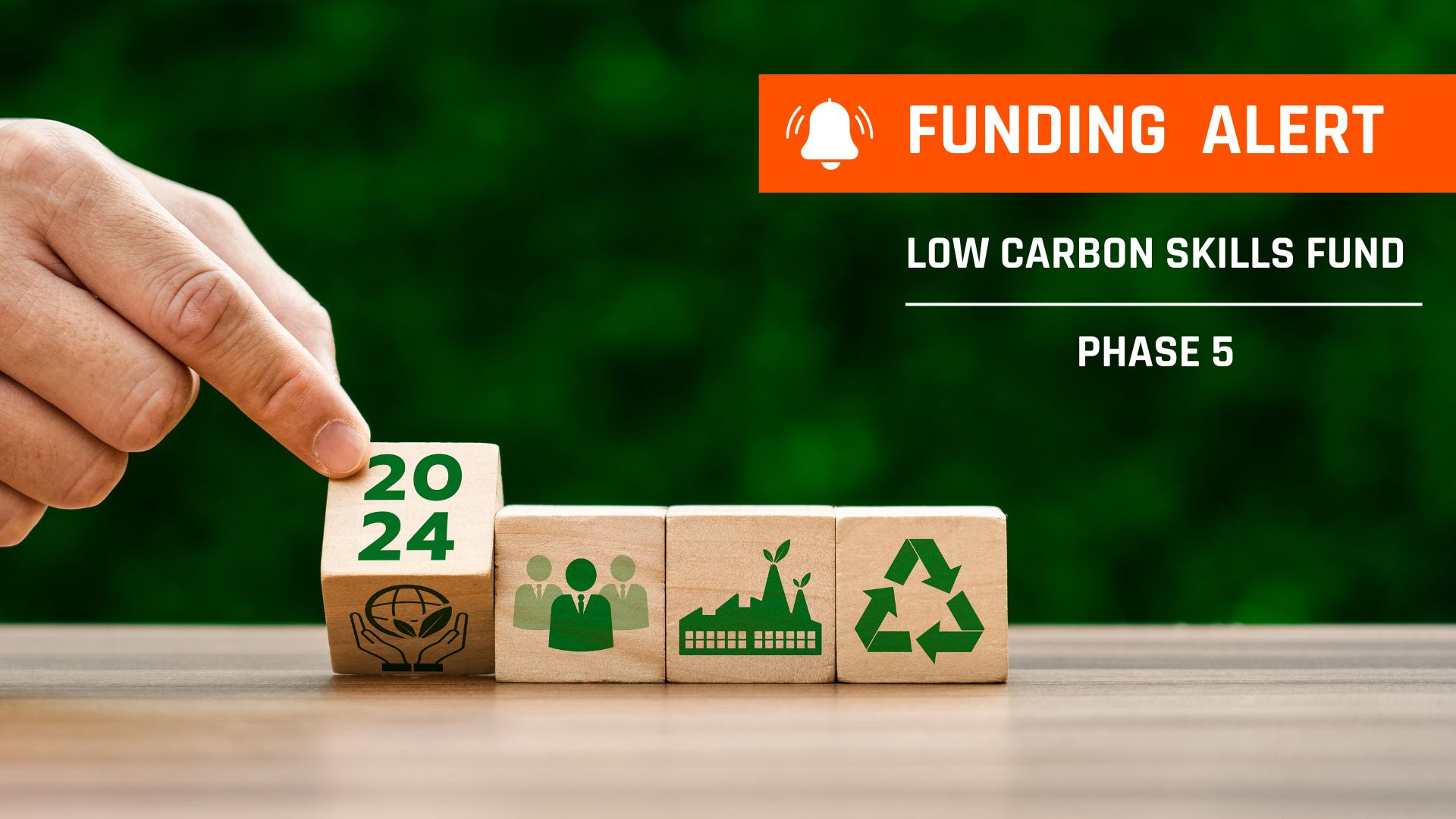
What is the Public Sector Low Carbon Skills Fund?
To make Net Zero more achievable, the UK Public Sector is taking a strong stance by setting a target to reduce emissions in public sector buildings by 75% by 2037 (against a 2017 baseline). With over 300,000 individual properties under its wing, accounting for around 2% of the UK’s total emissions, the Public Sector Low Carbon Skills Fund has come to support.
The Public Sector Low Carbon Skills Fund (LCSF) offers grants to public sector organisations to develop heat decarbonisation plans. These plans help prepare for the procurement and delivery of heat decarbonisation and energy efficiency works. This includes investing in upskilling and seeking expert advice to create more robust energy efficiency strategies.
The Department for Energy Security and Net Zero of the British government manages the LCSF scheme, which is delivered by Salix Finance. This phase of the programme aims to strategically position organisations and better prepare them to align with the UK’s 2050 net zero target.
Low Carbon Skills Fund Phase 5 has been announced for the new financial year 2024 to 2025. With £16 million of funding available, public sector organisations in England now have the opportunity to harness the technical skills and expertise needed to develop robust heat decarbonisation plans that will pave the way for Net Zero. You can submit your applications for LCSF Phase 5 between 2pm on 17 April 2024 and 2pm on 1 May 2024.
Get prepared for the application: Contact Us
What are the timelines?
– Application portal opens: 17th April 2024 at 2pm
– Application portal closes: 1st May 2024 at 2pm
– Grant offers: by the end of July 2024
– Project completion: no later than 31st March 2025
What is changing for LCSF Phase 5?
- Allocation process: Applications will no longer be allocated on a first-come-first-served basis. New allocating system has been implemented. Applications will be sorted into a randomised order prior to assessment, and assessed in the resulting order. It will help ensure a more fair and unbiased evaluation process.
- Application form & scoring framework: There is a new application form for LCSF Phase 5, and only one application per organisation will be permitted. It will also be accompanied by a scoring framework to facilitate comprehensive and consistent assessment of applications against scheme criteria.
- Funding allocation: Available funding will be divided across three groups:
– 34% of funding will be allocated to applications with a value of £100,000 and below.
– 38% of funding will be allocated to applications with a value between £100,001 and £500,000.
– 28% of funding will be allocated to applications with a value between £500,001 and £1,000,000.
- Tenancy arrangements: Organisations must have sufficient remaining lease time to develop a heat decarbonisation plan and replace fossil-fuel heating systems for buildings occupied under long-term lease arrangements.
- Wider eligible activities: LCSF Phase 5 provides grant support for 7 activities related to heat decarbonisation in public sector buildings, including strategy development, feasibility, and design.
- End-of-life requirement: For the building to be eligible during the feasibility and design stages, it must be equipped with at least one heating system at the end of its life.
How can Energy & Technical Services support you?
We aim to support organisation enhance their energy efficiency and decarbonisation strategy. We are here to support your organisation at any stage. Each of activity is crucial in the transition towards low-carbon heating systems:
- Strategy Development: This stage involves creating a comprehensive strategy for reducing carbon emissions from heating systems. It encompasses conducting a desk-top study to plan for heat decarbonisation. Our energy managers have extensive experience in developing effective strategies to achieve your sustainable objectives. Book your initial meeting today!
- Feasibility Studies: We have 25-year experience in energy performance audits, site surveys, and feasibility studies. These studies are essential in assessing the viability of low-carbon heating solutions. Our building engineers will work with you to determine the best low-carbon heating alternatives for your building and enhance operational performance.
- Design Stage: The scheme covers investment-grade audits and detailed design work up to RIBA Stage. Our design engineers will work closely with you to ensure that your low-carbon heating system is designed to the highest standards and meets the latest requirements.
To speak with our energy consultants: Contact Us
Immediate actions recommended:
Identify the activities you would like to apply for.
Include Energy & Technical Services to support your application as early as possible.
Involve stakeholders, senior management teams, building managers and occupants.
Plan your procurement route and decarbonisation strategy.
If you would like more instructions on LCSF Phase 5, please get in touch with our team.
Related Article
8 Ways Businesses Can Reduce Energy Use in the Workplace This Winter
Discover how to comply with ESOS Phase 4 and unlock energy-saving opportunities for your business. This guide explains the requirements, highlights key deadlines, and provides actionable strategies. Learn how energy audits, tailored action plans, and expert support can reduce costs, improve efficiency, and align your organisation with sustainability goals.
ESOS Action Planning: Complying with Phase 4 and Implementing Energy Saving Strategies
Discover how to comply with ESOS Phase 4 and unlock energy-saving opportunities for your business. This guide explains the requirements, highlights key deadlines, and provides actionable strategies. Learn how energy audits, tailored action plans, and expert support can reduce costs, improve efficiency, and align your organisation with sustainability goals.
Important Update: What You Need to Know about ESOS Phase 3
Time is ticking for the ESOS Phase 3 deadline. The Environment Agency announced that the reporting system is available now. For organisations qualifying for ESOS Phase 3, the deadline for submitting a compliance notification is 5 June 2024, and organisations should still look to meet this compliance notification deadline where possible.



































